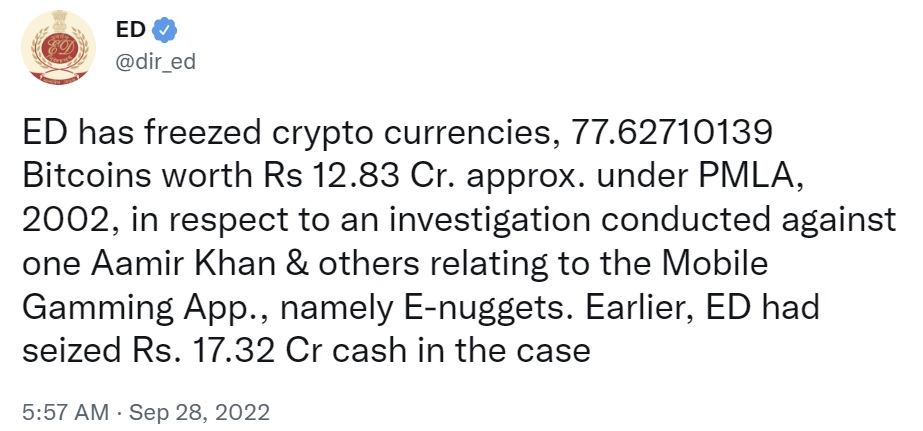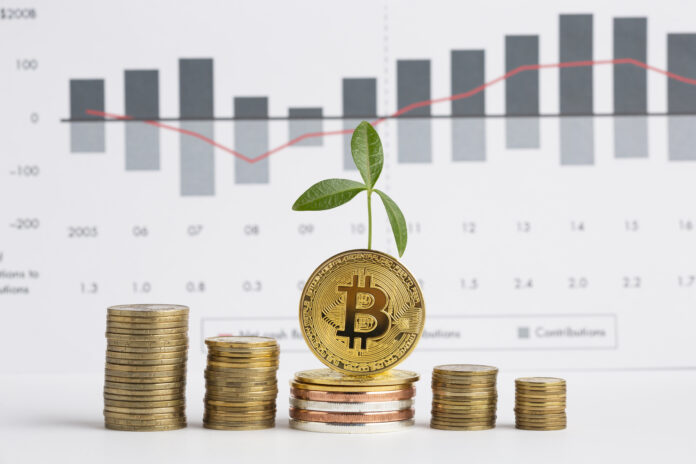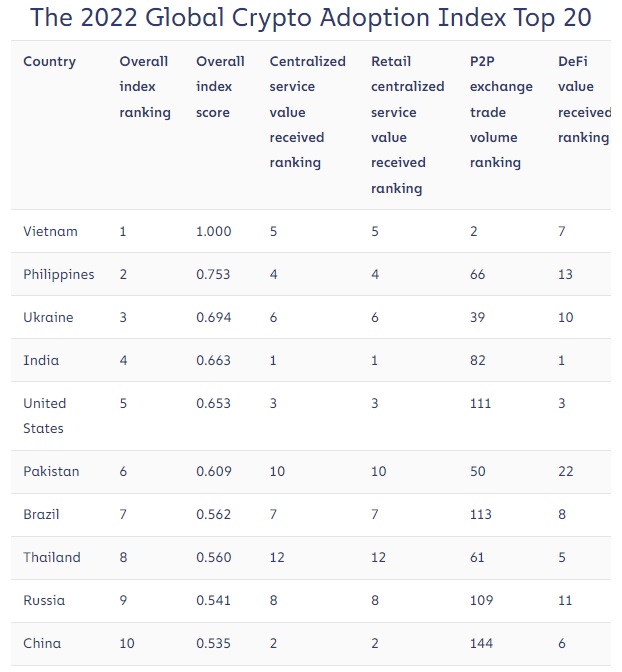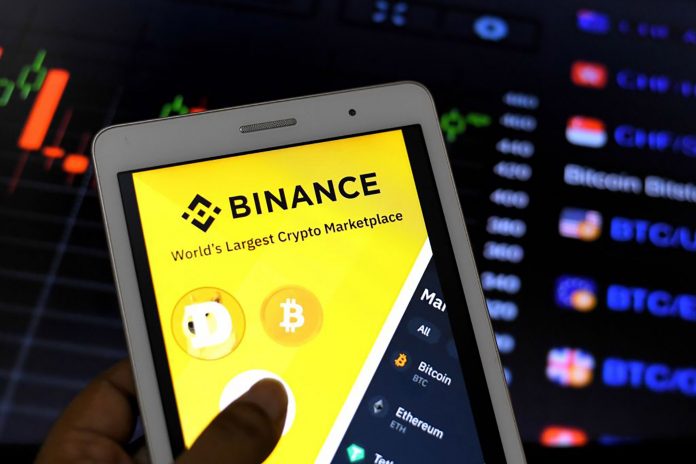Since the Indian government started taxing cryptocurrency transactions, the number of Indian users on the cryptocurrency exchange Binance has increased dramatically. However, since the new tax laws went into effect, daily trading volumes at some significant cryptocurrency exchanges with headquarters in India have decreased by over 90%.
After a 1% tax deducted at source (TDS) took effect in July, the number of Indian users signing up on the major cryptocurrency exchange Binance skyrocketed, according to a report from Bloomberg on Tuesday.
According to the publication’s additional information, the number of Binance app downloads in India increased to 429,000 in August, making it the highest number this year. In contrast, it has been reported that since the 1% TDS went into effect, daily trading volumes at several significant cryptocurrency exchanges with headquarters in India have decreased by over 90%.
CEO of SEBA India, a division of SEBA Bank AG, based in Switzerland, Rohan Misra, expressed his opinion on the new tax as follows:
The recent tax regulation is not explicitly clear on whether the 1% tax deducted at source extends to crypto derivatives transactions involving futures, as it does to crypto spot transactions.
The new 30% tax on gains from crypto assets is in addition to the 1% TDS charge. Additionally, losses from cryptocurrency trading cannot be deducted from gains. It is challenging for users to transfer money into and out of trading platforms because Indian cryptocurrency exchanges receive little support from the banking system.
Since January but not since July, FTX, a different foreign-based cryptocurrency exchange, has seen an increase in app downloads. In India, there were roughly 40,000 downloads in January, nearly 96,000 in July, and 52,000 in August.
However, the number of app downloads in India for the Nasdaq-listed cryptocurrency exchange Coinbase Global Inc. fell to 16,000 in August from almost 31,000 in June. Coinbase tried to expand its operations in India in April but quickly ran into trouble with the UPI payment system.
The new 30% tax on gains from crypto assets is in addition to the 1% TDS charge. Additionally, losses from cryptocurrency trading cannot be deducted from gains. It is challenging for users to transfer money into and out of trading platforms because Indian cryptocurrency exchanges receive little support from the banking system.
Since January but not since July, FTX, a different foreign-based cryptocurrency exchange, has seen an increase in app downloads. In India, there were roughly 40,000 downloads in January, nearly 96,000 in July, and 52,000 in August.
However, the number of app downloads in India for the Nasdaq-listed cryptocurrency exchange Coinbase Global Inc. fell to 16,000 in August from almost 31,000 in June.
While Binance’s app downloads increased, the publication reported that user sign-ups are declining at some significant Indian cryptocurrency exchanges. Data from market intelligence company Sensor Tower shows that Indian cryptocurrency exchange Coindcx’s app downloads dropped from 2.2 million in January to 163,000 in August.
Wazirx, a different Indian cryptocurrency exchange, saw a decline in monthly app downloads from about 596,000 in January to 92,000 in August. Changpeng Zhao (CZ), the CEO of Binance, recently engaged the exchange in a public dispute over ownership of the exchange, which prompted Zhao to advise Wazirx users to transfer money to Binance. The Indian Enforcement Directorate (ED) initially froze Wazirx’s bank accounts in early August; however, they were unfrozen earlier this week.
Regarding whether Binance has started collecting the transaction tax from users in India, a spokesperson for the exchange told the news outlet that the company “is currently monitoring the situation and will make further announcements in due course.”











